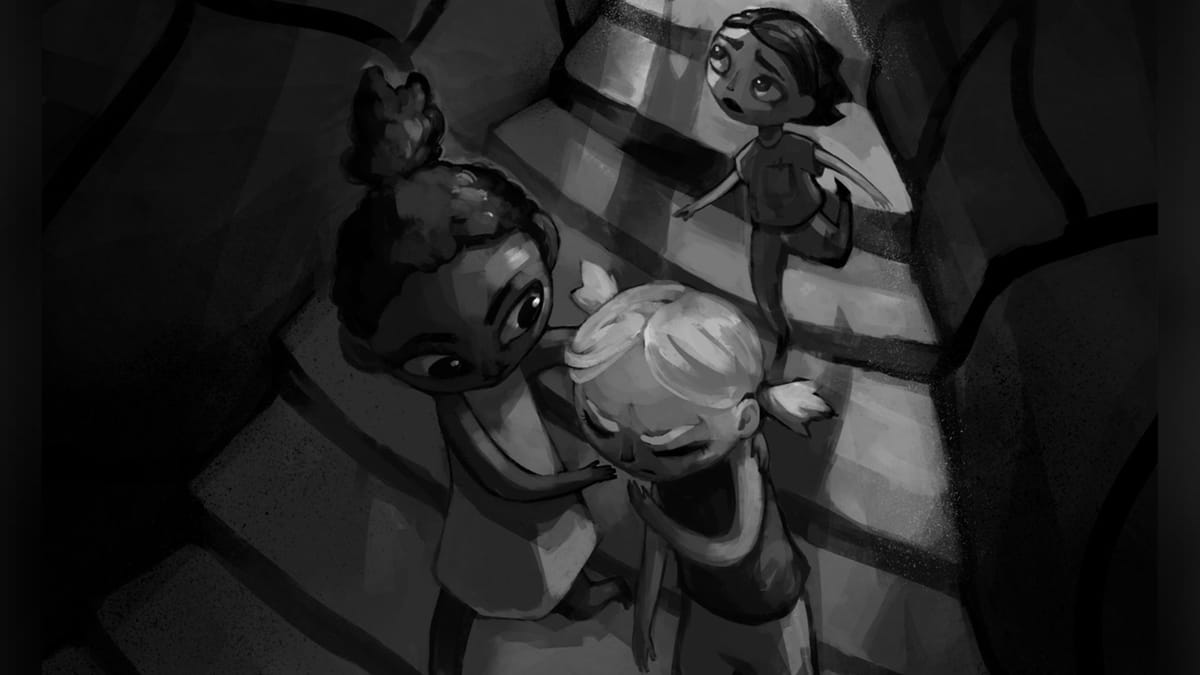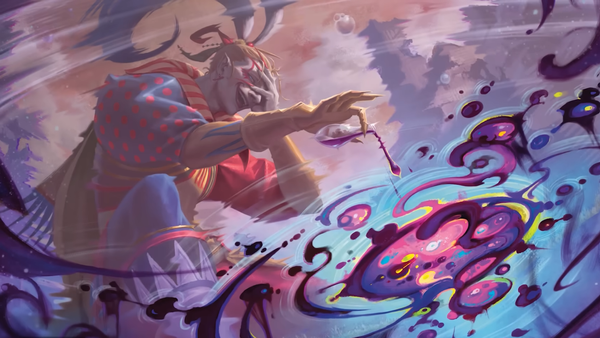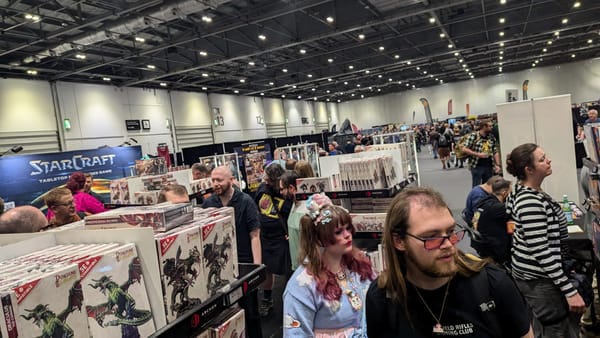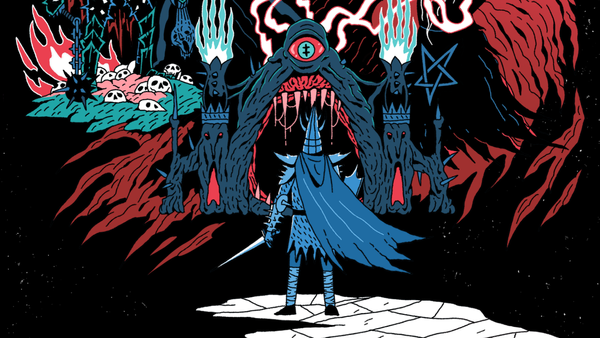Escaping the adolescent surveillance state
Part-TTRPG, part art-book, Night Fable is a surreal escape from the panopticon of modern childhood.

There are few things more beautiful and terrifying in this world than being a child. Everything is new, unknown, and impossibly big. Ideas of what life is supposed to be are only just beginning to form, limited only by adults who have already abandoned hopeful idealism for pragmatic cynicism. Children are among the most oppressed and policed in our society—viewed as not yet fully human—clay to be molded into the ideal citizen. In a polite society, their impulses and fantasies will only cause problems if they are allowed to proliferate unchecked, and therefore must be eradicated as early as possible. And that’s in the best of circumstances.

Night Fable, a new game by Elise Argence, heightens the panopticon-like surveillance state of modern childhood and distills it into a purified dystopia. Though this is a game for adults, players act as a group of runaway children attempting to escape the highly-stratified state of Tentopolis. In-world, adults are forced to abandon any childlike wonder they have or they will be driven mad by The Horrors. Because parents spend all of their time working for their all-seeing corporate overlords, their children have been fleeing in high numbers, aided by a child-operated resistance circuit known only as The Web. Out of fear of losing their children, the parents are offered a solution by the powers that be: the eponymous Night Fables, 24/7 surveillance robots in the shape of bedside tables. With Hope and Imagination (which are mechanized in Night Fable), players, informed by their family’s social backgrounds and their own individual skills, must work together to escape Tentopolis and reach the outside world, free from the omnipresent power of the panopticon.
I sat down via email with French artist and designer Elise Argence, a.k.a Messire Yazu to chat about the inspirations behind Night Fable, what it says about the state of childhood in our modern world, and the power of Hope in a highly controlled society. Argence’s answers to this interview were translated into English by design consultant Owen Chivot.





